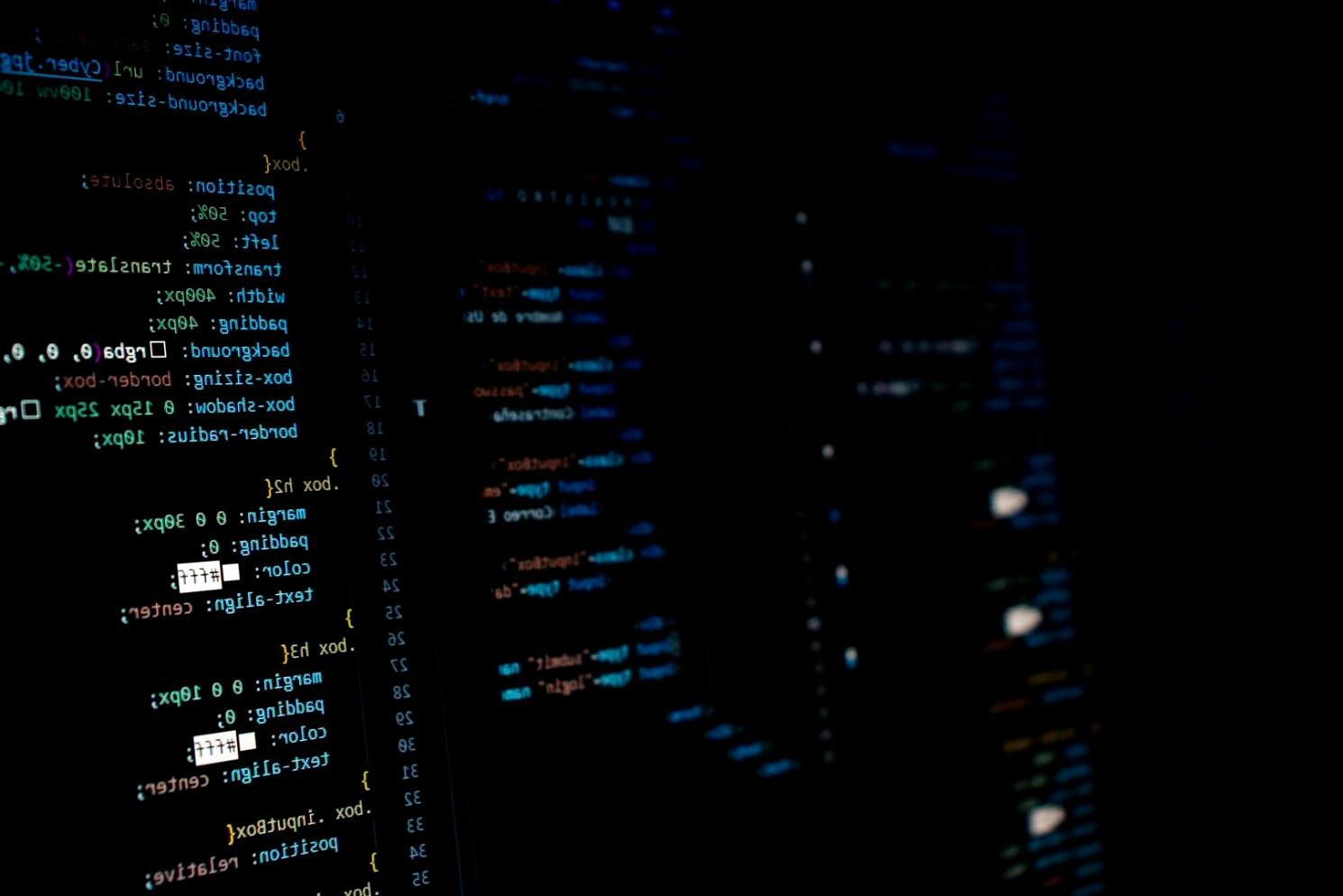Build Real Mobile Games That People Actually Play
We teach Unreal Engine development with projects that matter. Not theory exercises. Not demos nobody downloads. You'll create games that work on phones people carry every day.
Explore Our Autumn 2025 Program
What Makes Our Approach Different
Most courses teach you tools. We teach you how to think through problems you'll actually face when building mobile games.
Mobile-First From Day One
You start with touch controls and performance constraints right away. Desktop builds are optional. We focus on what works on devices your players own.
Real Projects, Real Deadlines
Every module ends with something you can show friends. Not polished portfolio pieces. Working prototypes that demonstrate specific skills recruiters care about.
Fix Mistakes That Matter
We break things on purpose. Then you learn to debug them. Memory leaks, frame drops, battery drain. The stuff that separates hobbyists from professionals.
How We Started Teaching Mobile Game Development
Three developers who got tired of interviewing candidates who knew Unreal but couldn't ship a mobile game.
Founded 2021
Started as weekend workshops in Košice. Five students, one project each. Four of them ended up working in game studios within a year. That got us thinking about doing this properly.
Expanded 2023
Added remote learning options after students from Bratislava kept asking if they could join without moving. Turns out teaching mobile development works pretty well when everyone's got their own device to test on.
Refined 2024
Completely rebuilt the curriculum based on what our graduates actually needed in their first six months at work. Less theory about rendering pipelines, more practical optimization for phones that cost under 300 euros.
Current 2025
Now running programs three times a year with cohorts of 12-15 students. Small enough that we can help when someone's stuck. Large enough that peer review sessions actually work.
Student Projects That Shipped
These aren't class assignments sitting in repositories. People downloaded these games, played them, and left reviews. Sometimes good reviews. Sometimes honest ones.

Puzzle Runner by Marek
Built during Module 3 in spring 2024. Simple mechanic, tight execution. Got 2,000 downloads in the first month mostly from word of mouth. Battery optimization was the hardest part, apparently.

Night Chase by Sofia
Her final project from autumn 2024. Started as a racing game, pivoted to survival mechanics halfway through. Works on Android devices from 2019 onwards, which was the actual requirement.
Questions People Ask Before Joining
We get these a lot. Here's what we tell people during enrollment conversations.